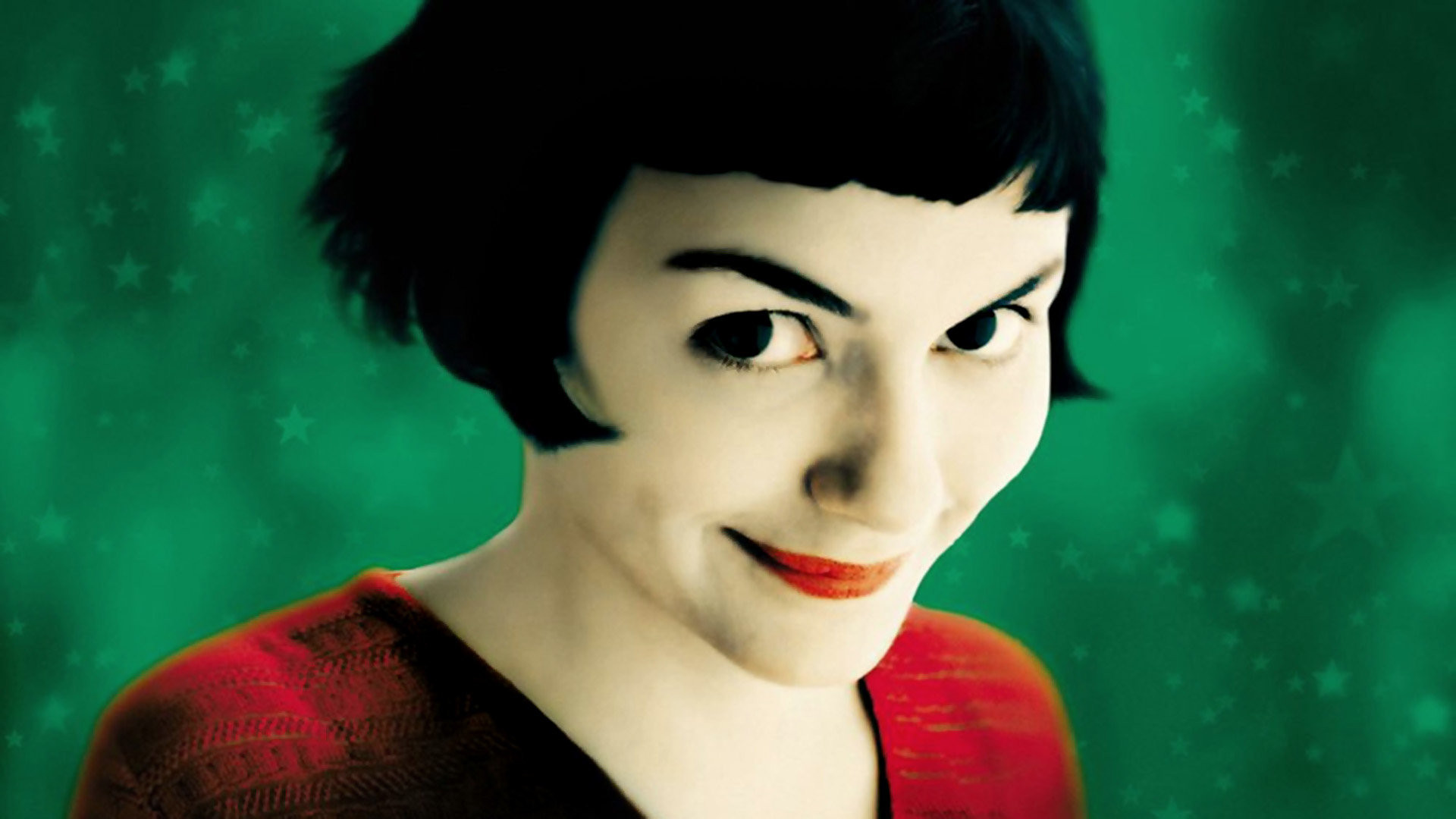 |
I was first convinced to give it a go when my seminar tutor showed us a scene from the film (one of the first scenes of the film where we are introduced to a grown-up Amélie and her work colleagues) and was discussing how films can subvert conventional narratives to create something new. This is certainly something this film does. I was really quite intrigued by the structure of the film and as my classmates discussed Amélie I quietly sat in wonderment that I had never given the film a chance. It was kind of an epiphany, which might seem clichéd or trivial (regarding the fact that I had an epiphany about a film, of all things) but nevertheless it happened and you can stop rolling your eyes, thank you very much! So anyway, months passed and I still hadn't seen the film despite my promise that I would. You know, life gets in the way. You have friends to socialise with and university assignments to write and submit. But enough with the life story, I have seen it now and as you can probably tell, it had quite an effect upon me.
So let’s begin, shall we?
The actual story is a simple one in the plain light of day, yet it is told in such a fabulous and complex way that you get caught up in the many narratives that evolve from Amélie’s tale. Amélie is a quiet girl living a life of seclusion in her one bedroom flat with a bunch of neighbours whose lives she finds herself entangled in rather unwittingly. It is because of this that many of our charming subplots are borne and as Amélie endeavours to improve these lives and the lives of her co-workers she finds herself caught up in a romantic journey which will have you believing in true love. I would defy even the biggest cynic to come away from this movie without that fluttery little feeling making itself known in your stomach. Don’t get me wrong though, this film doesn't portray love as something utterly perfect. There is no naiveté in the narrative, though there might be some in its main character played by the almost-too-perfect-to-be-real Audrey Tatou.
 |
| This is one of the last scenes of the movie and personally one of my favourites. This scene has such an understated perfection to it which might be down to how these characters interact once they finally come face-to-face. |
Aside from its unique narrative form Amélie also boasts quite a distinctive visual quality, which is perhaps a product of the narrative. Warm colours and vibrant backgrounds adorn this films setting and elevate the atmosphere to parallel its charming protagonist. The films aesthetic style has a timelessness about it reminiscent of the old-black-and-white-classics that remind you of grandparents who bemoan modern cinema and talk about the good ol’ days “back when movies were good and proper!”. I can’t quite explain why I would make that analogy but it seems to fit with what I thought of the films visual quality from that gorgeous bob that Tatou sports to the understated glamour of her simple apartment and belongings. Something about this film just screams “classic”, and I’m not just saying that due to hindsight. I swear!
That feeling of timelessness might also be derived by the films lead character Amélie who is played by a perfectly cast Audrey Tatou (interestingly the role was written for English actress Emily Watson, despite the fact that she speaks not a word of French. Well, with all due respect to Miss Watson, I'm glad she rejected it and Tatou stepped into the revered shoes of this wonderful character). Tatou brings this shy and lonely figure to life with what seems like an effortless charm and captures what it is to live life on the side-lines, more of an observer than a participant, yet as her courage and willingness to experience life becomes more apparent in the film so does Tatou’s flare and quiet fire. I won’t keep going on because at this point I think I've made my point about this film and its characters. That point being that here the stars have aligned and brought us what I think is perfection in film form. If you don’t believe me then give it a go yourself. I promise you, you will not regret this decision.
To cut a long story short…
Would I recommend this film? Qui, c’est fantastique. A film ramblers star rating?
That’s it for now folks…
No comments:
Post a Comment